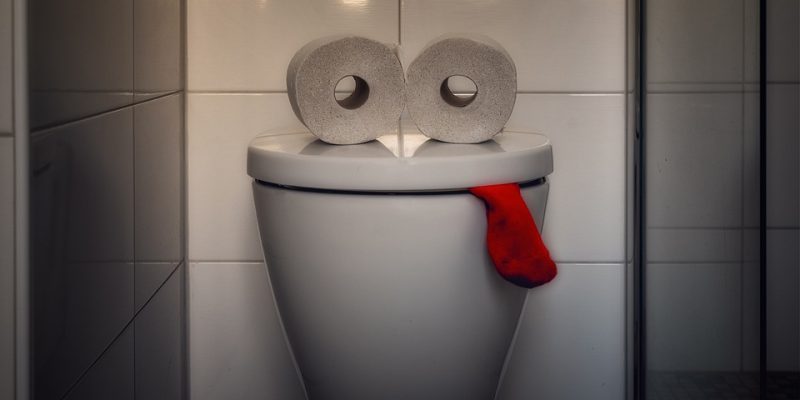The septic system plays an important role, and the importance of such roles becomes apparent only when problems arise. Then the things we took for granted no longer work, and we look for ways to fix them. Here are some signs that you might have noticed that need to be solved as soon as possible.
Gurgling Sounds
A gurgling noise in the plumbing system is one of the first signs of a possible septic tank failure. If you notice this, septic pumping should be done with expert teams for that kind of work. Don’t wait for it to get worse. Avoiding septic maintenance is tempting because of the perceived low cost, but putting it off may lead to much higher repair costs in the long run. To keep your septic system healthy and working properly, it’s important to get it cleaned out on a regular basis.
Slow draining
One of the most commonly observed signs of spoilage system failure is slow drainage. This is observed in sinks, bathtubs, and showers. You will notice that the water does not drain as quickly as before. If it is detected, professional help should be sought urgently. Further investigation of the system reveals where the real problem lies. This may be due to a faulty component or multiple pieces. Leaving it alone will only make things worse.
Bad Smell of Your Pipes
If your pipe starts to smell like sewage gas, it may be full of it. The simple reason for this is that there may be empty P traps. Drain P-traps hold a small amount of water to keep sewer gas and rotten egg odors from leaking into your home. If you have floor drains or other drains that you rarely use, dryness and odors can enter your home.
Standing Water Around Septic Tank
As an integral part of the system, the septic tank is most often lowered into a prepared or dug space. If the backfill material used to cover the tank is loose, it will compress or settle in the presence of moisture. The constant availability of moisture causes the soil to subside. This will form a depression around the tank. Install sprinklers or fill such depressions whenever there is surface runoff from rain or other water sources. This creates stagnant water. The problem can be exacerbated by the fact that it may be leaking from a pipe connected to the tank or from the tank.
High Level of Bacteria
If the purification system is damaged, its contents can leak into the groundwater. This poses a serious health risk as you are more likely to be exposed to harmful bacteria. Nearby water sources, such as wells, should be frequently tested for high levels of nitrates and coliforms. Abnormally high levels indicate a possible problem with the processing plant. Such issues should be pursued and resolved as soon as possible. You should try to keep it as safe as possible.
Nearby Algae Blooms
If you have a lake or pond on your property or nearby, keep an eye out for algal blooms. The situation is similar to when the grass above the septic tank is green. A leaking septic tank can contaminate the water and eventually fertilize algae and other plants. It’s not uncommon to have a few algae in your water, but large algae aren’t natural and usually have a definite cause. If you’re concerned that your septic tank is leaking and growing algae, check your septic tank. While you can rule out the possibility that the septic tank is the cause of the problem, you can also find a small leak in the septic tank and fix it before it becomes a bigger and more expensive problem.
Pay attention to some of these things, address them before it is too late for you and your household, fix them while it isn’t that much trouble, and you will save yourself from unnecessary worries.






















